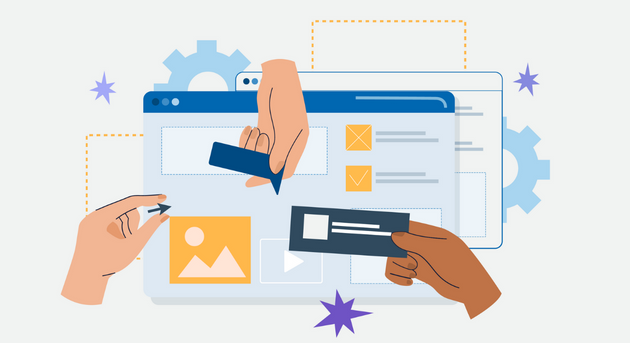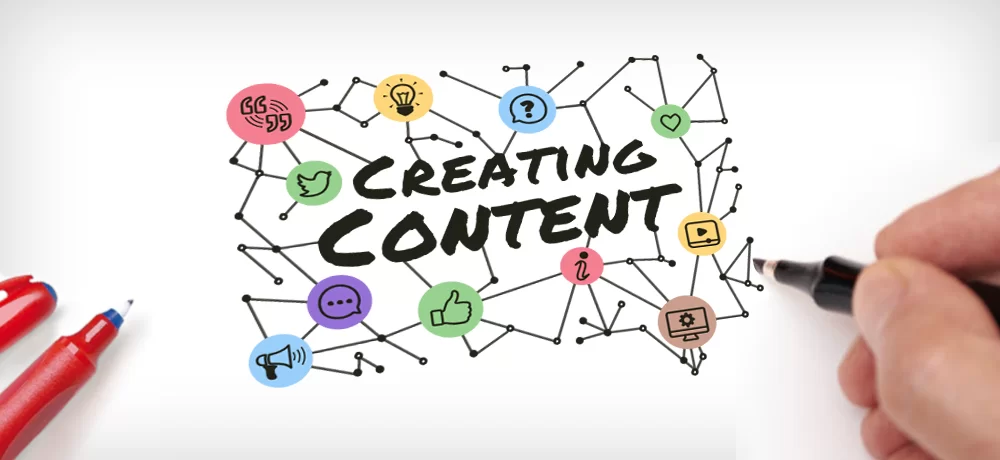Digital Marketing for any small business

Digital marketing is an essential component of any small business’s success. With the rise of the internet and social media, it’s now easier than ever to reach potential customers online. However, getting started with digital marketing can seem overwhelming, especially if you’re not familiar with the latest trends and tools. In this blog article, we’ll outline some key steps to help you start your digital marketing journey.
1. Define your target audience and goals

Before you start any digital marketing campaigns, you need to have a clear understanding of your target audience and what you want to achieve. Who are your ideal customers? What are their pain points? How can your product or service solve their problems? Once you’ve identified your target audience, you can create messaging and content that will resonate with them.
2. Build a website

Your website is the hub of your digital marketing efforts. It’s where potential customers will learn about your business and make a decision to buy. Make sure your website is professional, user-friendly, and optimized for search engines. If you’re not comfortable building a website yourself, consider hiring a professional web developer.
3. Optimize your website for search engines

Search engine optimization (SEO) is the process of optimizing your website so that it appears at the top of search engine results pages (SERPs) for relevant keywords. This can be a complex and ongoing process, but there are some basic steps you can take to get started, such as optimizing your meta tags, creating quality content, and building backlinks.
4. Create valuable content

Content marketing is a crucial aspect of digital marketing. By creating valuable, informative, and engaging content, you can establish your business as an authority in your industry and attract potential customers to your website. Consider creating a blog, video series, or podcast that provides insights and solutions to your target audience’s pain points.
5. Utilize social media

Social media platforms like Facebook, Twitter, and Instagram can be powerful tools for small businesses. By posting regular updates, engaging with your followers, and running targeted ads, you can reach a wider audience and drive traffic to your website. However, it’s important to choose the platforms that are most relevant to your business and focus on creating high-quality content.
6. Measure and analyze your results

Digital marketing is an ongoing process, and it’s important to measure and analyze your results regularly. This will help you understand what’s working and what’s not, so you can refine your strategies and achieve better results over time. Use tools like Google Analytics to track your website’s traffic, and social media analytics to measure the performance of your social media campaigns.

In conclusion, digital marketing is a vital aspect of any small business’s success. By following these key steps, you can start building a strong online presence, attracting new customers, and growing your business. Remember, digital marketing is a marathon, not a sprint, so stay consistent and be patient with your results.
